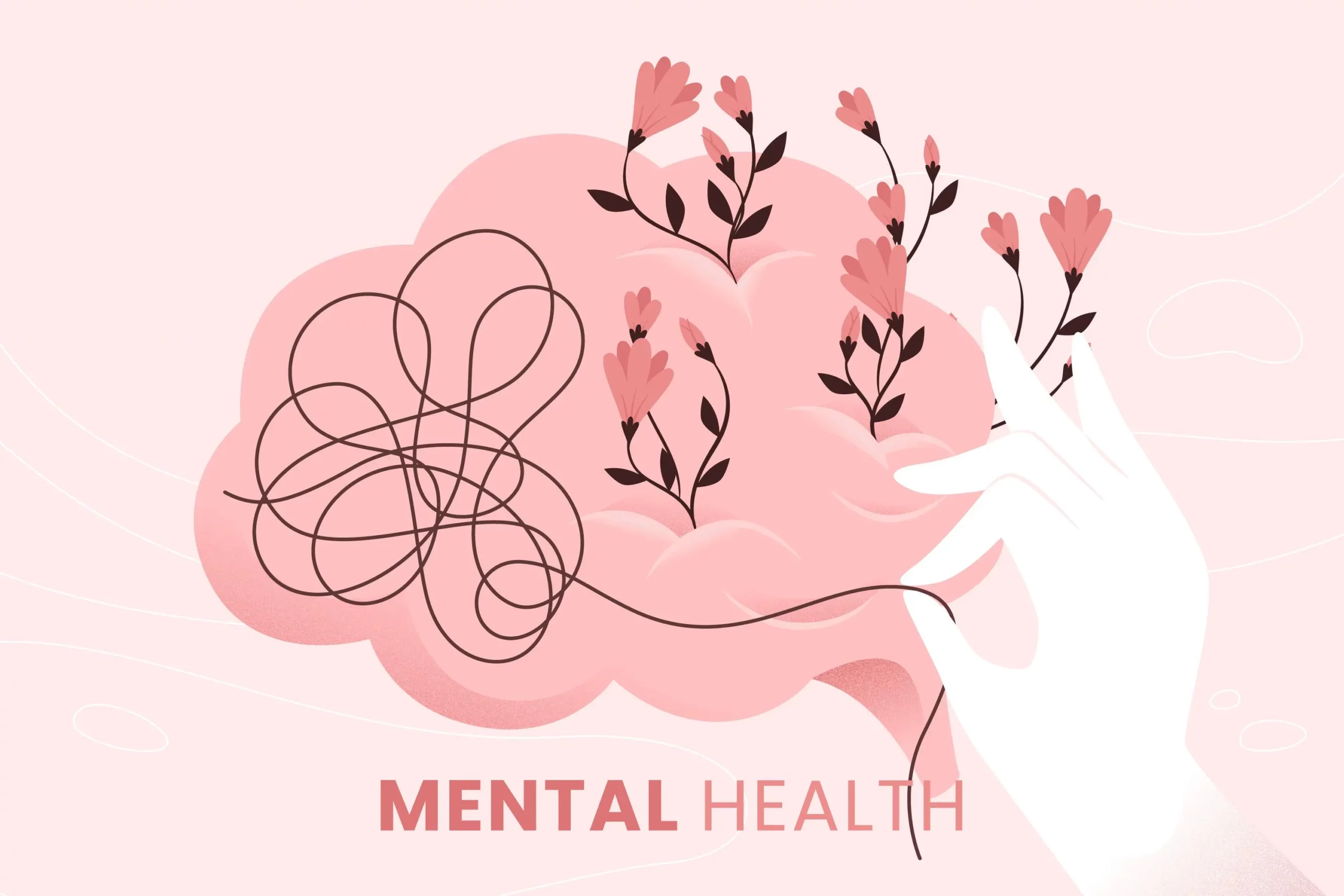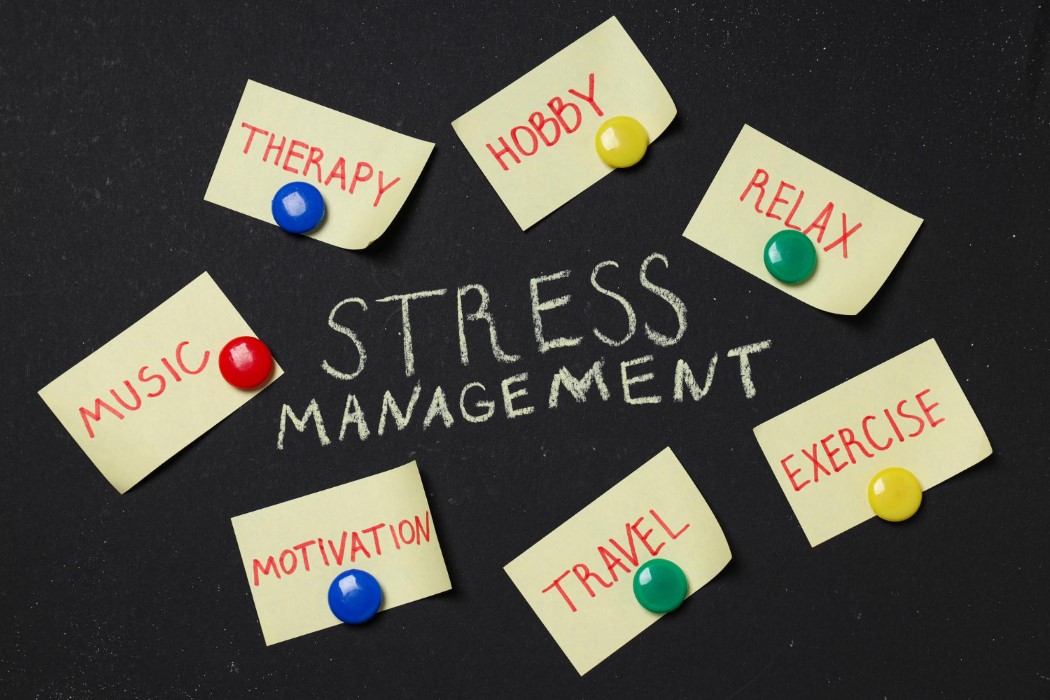Introduction
Mental health is a significant aspect of our overall well-being, yet it often goes unnoticed and neglected. In a society where we are constantly juggling responsibilities, it is crucial to prioritize our mental health and actively work towards managing stress and anxiety. By doing so, we can lead happier and more fulfilling lives. It is crucial, now more than ever, to raise awareness about mental health and provide practical strategies to manage stress and anxiety. In this blog post, we will explore effective techniques that can help you regain control over your mental health and improve your quality of life.
Understanding Stress and Anxiety
Stress and anxiety are natural responses to external stimuli, serving as our body’s alarm system. Stress usually arises from specific situations or demands and tends to subside once the situation has passed. In contrast, anxiety often persists beyond the presence of stressors, creating a continuous sense of unease or worry.
Chronic stress and anxiety, when left unchecked, can lead to a range of physical and psychological health issues such as heart disease, depression, and decreased cognitive function. Therefore, it’s crucial to find effective ways to manage these conditions.
Strategies for Managing Stress and Anxiety
-
Mindfulness and Meditation
The practice of mindfulness encourages focusing on the present moment and accepting it without judgment. It’s about acknowledging your feelings and thoughts, instead of suppressing or denying them. This acceptance can help break the cycle of negative thought patterns associated with stress and anxiety.
Meditation, a mindfulness exercise, involves training the mind to focus and redirect thoughts, promoting mental clarity and emotional calmness. Regular meditation practice has been shown to reduce stress levels and anxiety symptoms significantly. Various apps like Headspace and Calm provide guided meditation for beginners and are excellent resources to start your mindfulness journey.
-
Regular Exercise
Physical activity plays a significant role in managing stress and anxiety. Regular exercise triggers the release of endorphins, often dubbed as the body’s ‘feel-good’ hormones. These chemicals act as natural painkillers and mood elevators, reducing stress and inducing feelings of happiness.
Exercise doesn’t need to be rigorous or time-consuming. Incorporating simple activities like walking, cycling, yoga, or dancing into your daily routine can have substantial benefits. Aim for at least 30 minutes of moderate exercise per day for optimal mental health benefits.
-
Balanced Diet
The connection between diet and mood is more significant than most people realize. Consuming a balanced diet, replete with fruits, vegetables, lean proteins, and complex carbohydrates, helps regulate mood and energy levels, in turn managing stress and anxiety.
Reduce your intake of caffeine and sugar, which can cause energy spikes and crashes, contributing to feelings of anxiety. Hydrate adequately and ensure you’re getting enough Omega-3 fatty acids, which have been linked to reducing anxiety symptoms.
-
Quality Sleep
Sleep and mental health share a bidirectional relationship – poor sleep can exacerbate stress and anxiety, and vice versa. Establish a consistent sleep routine, create a peaceful sleep environment, and limit screen time before bed to enhance sleep quality.
-
Strong Social Networks
Building and maintaining strong social networks are essential for managing stress and anxiety. Regular interactions with loved ones, participating in social activities, and volunteering can provide emotional support, promote feelings of belonging, and serve as a distraction from anxiety-inducing thoughts.
In this digital era, online platforms also offer a way to connect with like-minded individuals, providing a sense of community and opportunities for mutual support.
-
Cognitive Behavioral Therapy (CBT)
CBT is a form of psychotherapy that has proven effective in managing stress and anxiety. It aims to identify and restructure negative thought patterns, enabling individuals to respond differently to stressful situations. While traditionally facilitated by a therapist, several digital platforms and self-help books now guide individuals through CBT techniques.
-
Self-Care Practices
Self-care isn’t self-indulgence; it’s a necessary aspect of stress and anxiety management. It encompasses activities that promote relaxation and well-being, such as taking a warm bath, reading, spending time in nature, or pursuing a hobby. It’s about taking time to recharge and nurture your mental, emotional, and physical health.
-
Seek Professional Help
Despite employing these strategies, if stress and anxiety persist and interfere with your daily life, don’t hesitate to seek professional help. Mental health professionals can provide the necessary guidance and treatment to manage your condition effectively.
Conclusion

Prioritizing mental health and actively managing stress and anxiety is crucial for our overall well-being and quality of life. By implementing the strategies outlined in this blog post, such as practicing mindfulness, engaging in regular exercise, adopting a healthy diet, and seeking professional help when needed, we can regain control over our mental health. Remember, mental health awareness begins with recognizing that it’s okay not to be okay all the time and that you are not alone in your journey, and reaching out for support is a sign of strength. Let us all work together to raise awareness about mental health and create a world where everyone has the tools and resources to manage stress and anxiety effectively. Let’s safeguard our mental health.
At last, Remember the thing it’s okay not to be okay all the time. If you or someone you know is struggling with mental health, don’t hesitate to reach out to a mental health professional or helpline in your country.
